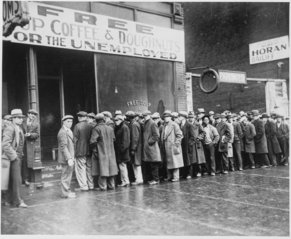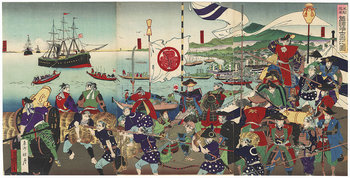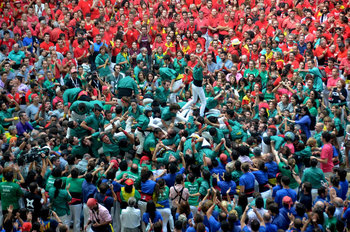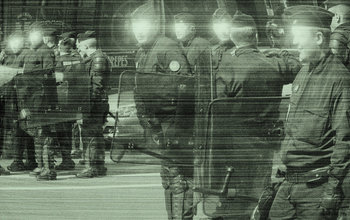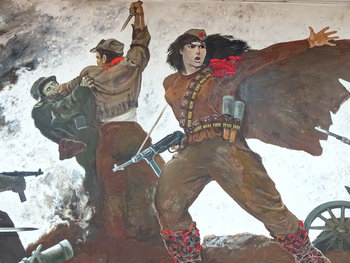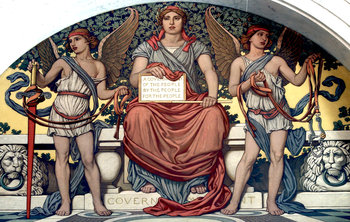
Laissez-faire Capitalism
A system where the government lets economic actors such as companies and labor do whatever they want without interference such as regulations, taxes, privileges or subsidies. In practice, this can't exist for long because under this type of system one firm eventually dominates as a large monopoly that begins to resemble a government. This is an ironic situation where the economy tends to become centrally controlled without government involvement.Market Economy
A moderate system of capitalism where government involvement in markets is limited to efficiency measures such as competition laws, consumer protection, labor standards and regulation of economic bads. Unlike laissez-faire capitalism, moderate capitalism can be sustained over time as government rules provide stability and a fair competitive framework.Welfare Capitalism
Welfare capitalism is a market economy that uses taxation to provide a basic quality of life for all residents of a nation in areas as education and healthcare. Welfare capitalism is also known as a social market economy. This is commonly confused with socialism but is not socialism as the means of production is owned by capitalists and the market is left to function by supply and demand. Welfare capitalism is the most common form of economy amongst developed nations.Mixed Economy
A system that mixes capitalist free markets with elements of socialism such as government control of all or some industries. For example, a government that allows free markets in areas such as consumer products and services but is heavily involved in orchestrating and investing in real estate and heavy industry. In some cases, a nation becomes a mixed economy due to government efforts to intervene in an economic downturn by supporting large companies whereby it may end up owning the firms. This is a slippery slope as it prevents creative destruction whereby non-competitive old firms are replaced with new innovative enterprises.Crony Capitalism
A system of close ties between politicians and companies whereby cronyism prevents normal economic functions and democratic rule. This can cause low efficiency, waste and destruction of resources. Crony capitalism can also lead to instability and risk as it gives incentives for revolution.Socialist Economy
A socialist economy is concerned with making things "equal" for all members of society such that the "workers" own the means of production. This effectively means that the government owns everything including production lines, farms, distribution systems and all entities in all industries. This erases the profit motive and there is little incentive to improve things or do things properly. Socialism should not be confused with a mixed economy or welfare capitalism as it provides no avenues for people to accumulate wealth by producing value. The only way to improve your situation in a socialism economy is by rent seeking within the government bureaucracy.Command Economy
A command economy is a socialist or communist system whereby the state effectively owns everything and all decisions need to be made by the state. This neglects the forces of supply and demand and usually leads to failures such as surpluses, shortages, poor productivity, low efficiency and destruction of resources.Global Economy
The global economy is the result of integrating the economies of multiple nations with trade and shared infrastructure such as legal and financial systems.Advanced Economy
A nation with sufficient productive capacity relative to its population based on factors such as its government, institutions, companies, hard infrastructure, health and education systems.Emerging Economy
A nation with relatively low productive capacity for its population due to a lack of soft infrastructure, hard infrastructure and other factors such as political instability. Many emerging economies are growing and improving their systems such that they are likely to become advanced economies with time.Traditional Economy
Economic systems based on custom, culture and history. The term traditional economy is always used to refer to small scale systems that exist in a tribal society as opposed the complex economic systems of full fledged civilizations. This being said, all civilizations have various traditional economies as subcomponents that add to production and quality of life. For example, a farmers market in an advanced economy that produces value but isn't a full alternative to the nation's complex and efficient distribution system.| Overview: Economy | ||
Type | ||
Definition (1) | A system of production, distribution and consumption. | |
Definition (2) | A system for managing resources and delivering value as measured by goods, services and quality of life. | |
Related Concepts | ||




